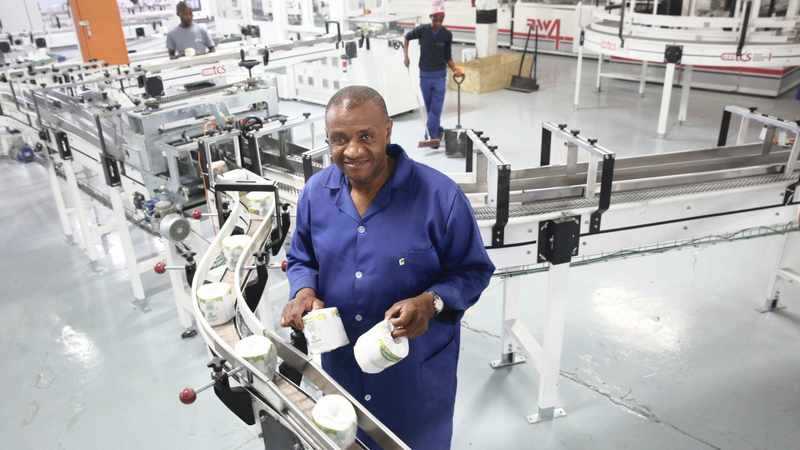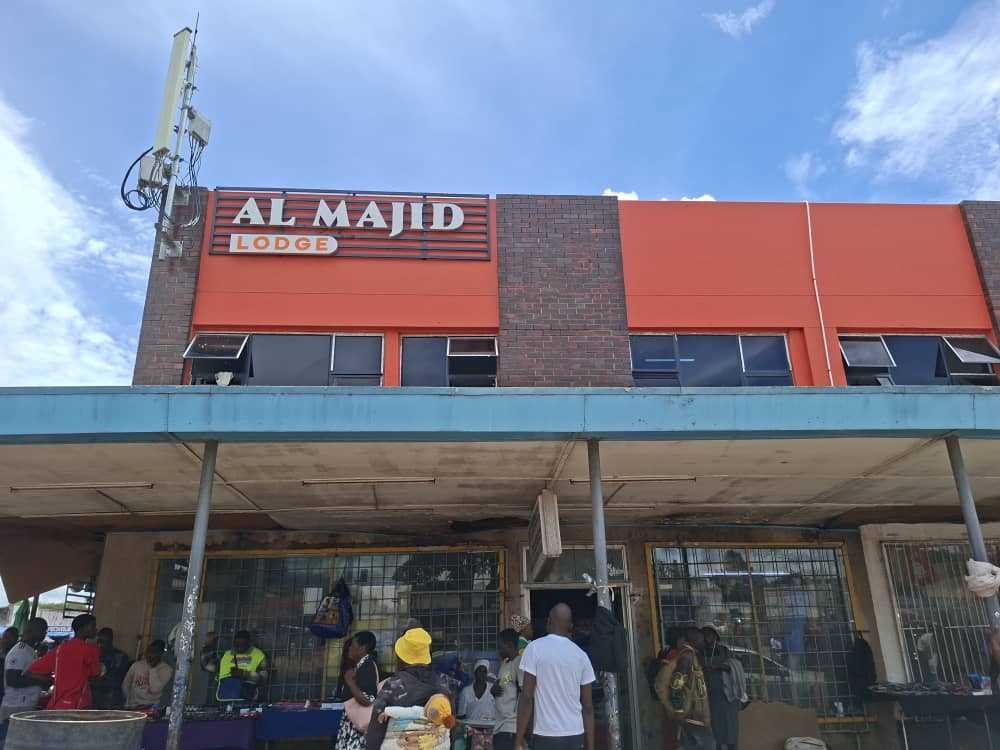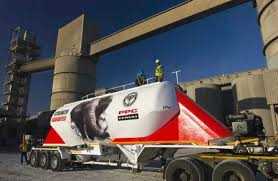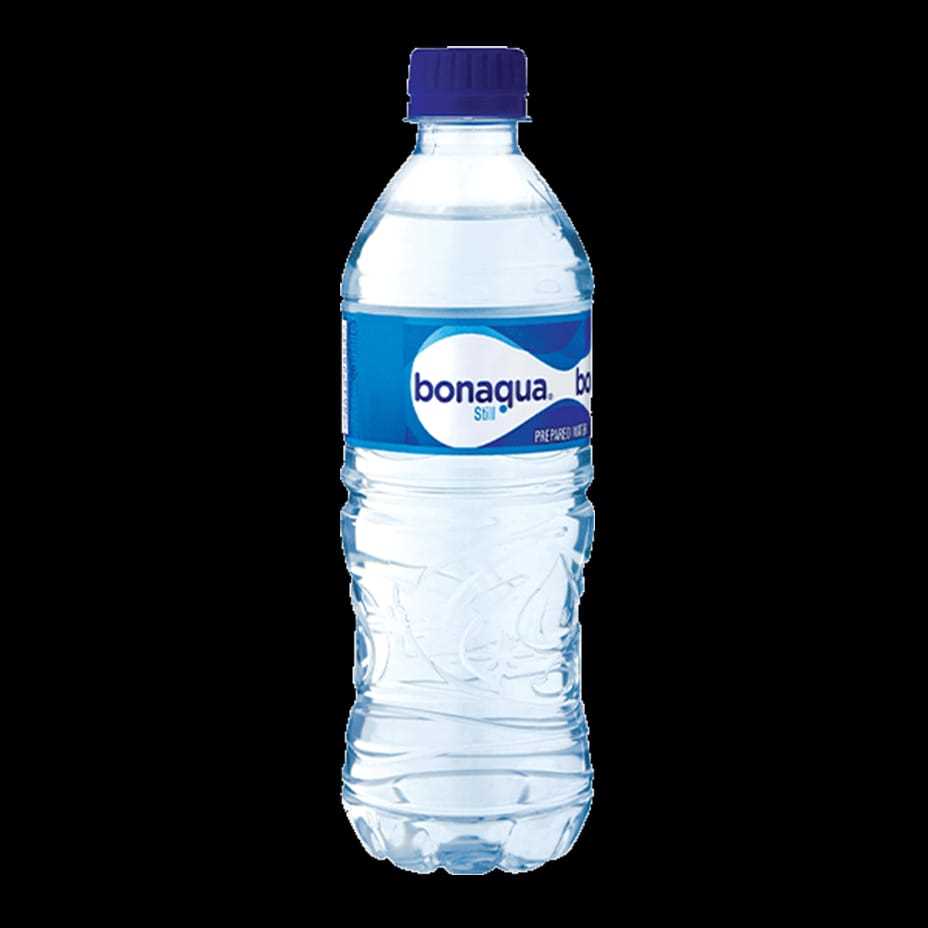
Zim Now Writer
JSE-listed Nampak says foreign exchange challenges have affected a good performance in Zimbabwe and Nigeria while labour and the weakening Rand affected some South African operations.
“Good performance at our Zimbabwean operations was diluted on translation due to the significantly weakened Zimbabwean currency (ZWL) relative to full year 2021. This adversely impacted the overall performance for the division during the second half, despite healthy volume growth for our products in Zimbabwe,” Nampak said in voluntary update.
“Operating profit was adversely impacted by increased foreign exchange losses and an increased net devaluation impact in Zimbabwe. Higher interest rates, coupled with abnormally high commodity prices, increased the group's investment in net working capital and consequently borrowings with a concomitant increase in funding costs.”
Similarly, Bevcan Nigeria continued to perform well and was a key contributor to improved trading results for the period, but forex losses increased owing to foreign currency shortages.
The company says it had a pleasing trading performance in the Rest of Africa with challenging conditions in some South African segments.
Plastics South Africa's performance and volumes were below expectations owing to strikes at key customers and raw material shortages caused by worsened port delays resulting from the impact of flooding in Kwazulu-Natal, in April.
Despite these challenges revenue was only marginally below the prior comparative period. Trading profits were negatively impacted by reduced volumes, as well as higher input costs.
Double-digit growth in local demand exceeded expectations and more than compensated for the loss of once off export volumes in the prior period, the company says.
Strong demand in the South African beverage can market continued and demand for large can sizes ensured full capacity use for these lines at Nampak’s Bevcan operations.
“Continued volume growth for beverage cans in our key markets coupled with higher selling prices in most market segments due to elevated commodity prices continued to benefit group revenue growth.
Related Stories
The company’s metal division saw volume increases in most key markets, with the Rest of Africa making the largest contribution to trading profit for the period.
Elevated commodity prices continued to impact in the second half, although commodity prices began to moderate in the fourth quarter.
“Trading at DivFood in South Africa has been disappointing. Revenue growth was supported by strong demand for fish cans and the recovery of higher tinplate costs, but demand for diversified cans and metal closures were below prior year levels as consumer disposable income came under pressure.
“Raw material shortages in first half of the year and operational challenges have further adversely impacted profitability,” Nampak says.
The Plastics division experienced a challenging period but overall revenue was stable compared to the previous year.
Revenue growth for the Paper division was said to be pleasing, largely driven by the improved performances in Zambia, Malawi and Kenya.
The strong in-country performance of the Zimbabwean operation was adversely impacted by a weaker ZWL on translation.
Capital expenditure remained well controlled and within the guided expenditure for the financial year.
Higher commodity prices, elevated working capital requirements and higher interest rates have led to higher borrowings and significant increases in net finance costs
Operational cash generation before working capital requirements remains strong.
The weakening of the Rand in the period contributed to a delay in the anticipated release of net working capital with benefits only expected to flow during full-year 2023.
The group is in the process of performing its year-end impairment testing which takes into account the impacts of rising interest rates and the global trend of higher in country risk premiums on its weighted average cost of capital.



















Leave Comments